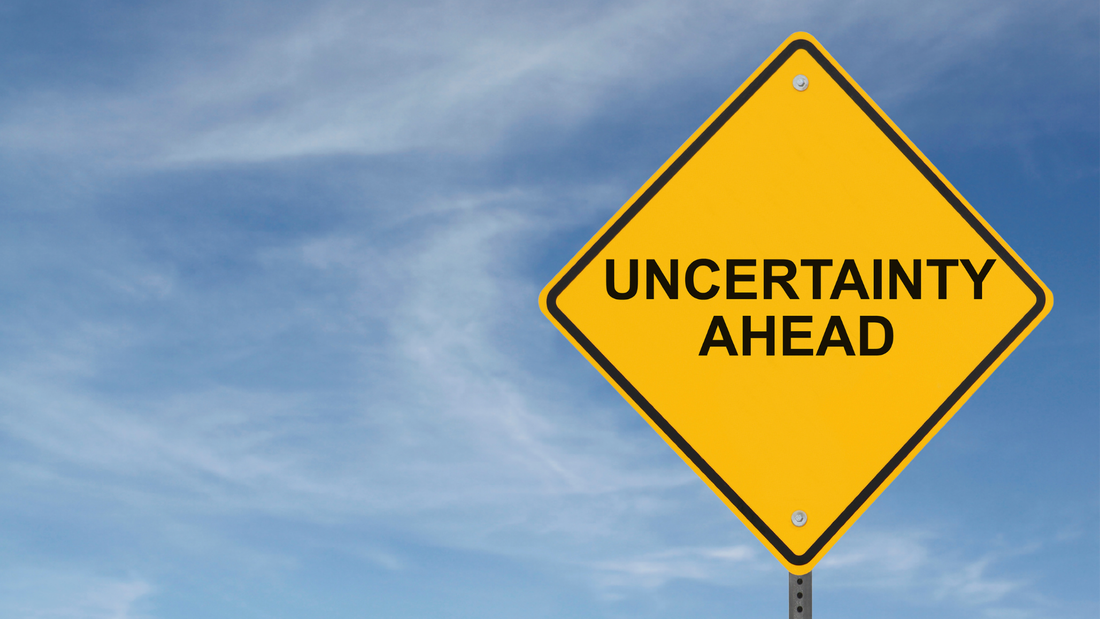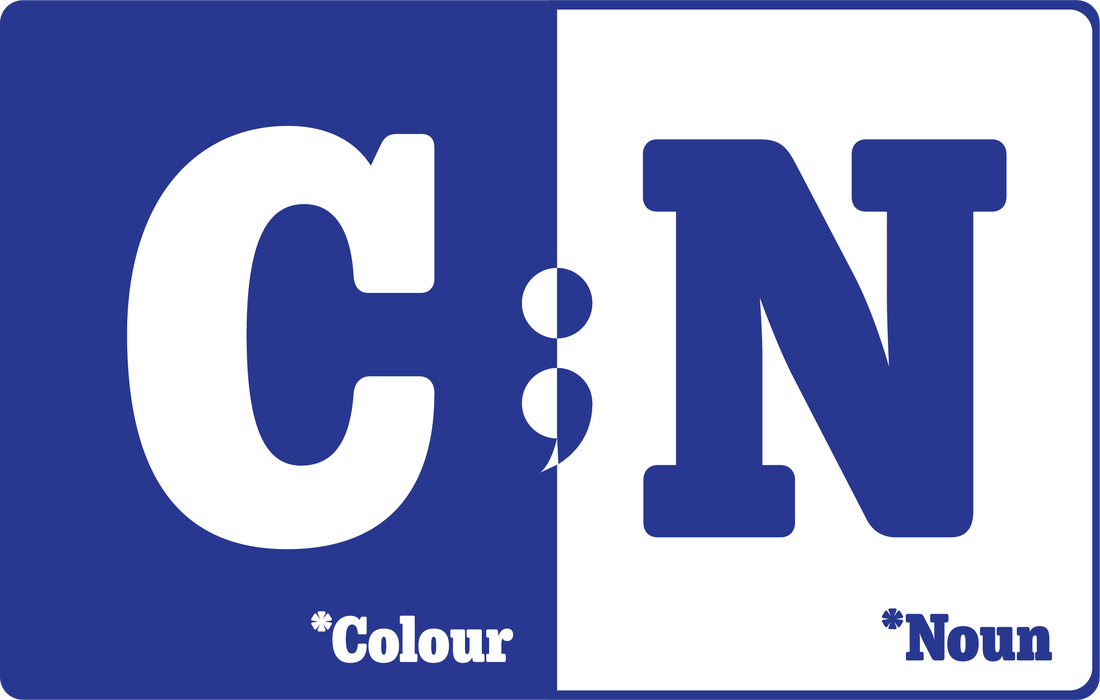|
It’s mad isn’t it? Not wanting to get all hyperbolic here but everything is going to cost more and you aren’t going to get a pay rise and your mortgage is going to cost six times what it did and all our public services are going to get cut and if you have an accident if an ambulance turns up you’ll be waiting in the back of it for twelve hours. Oh, and don’t turn the heating on and TURN THAT LIGHT OUT!
It's all a bit sh*t, especially if you’re societally disadvantaged. But you are probably reading this from LinkedIn, so unless you’re there looking for a job chances are you, and all the people you work with are all just sucking in the media’s reporting of how bad things are – what I’m now calling Cost of Living Disaster Porn – and fretting and making sure that you keep swimming and cancelling your Netflix subscriptions. The thing is, however much the media delight in highlighting the grim, the bleak, the hopeless, you would think that we, as a species, would have got used to coping with uncertainty by now. Don’t get me wrong, not being able to pay your bills, heat your home or put food on the table is a truly dismal and unforgiveable state of affairs… but when you look at the long history of humanity, failing crops, calamitous weather, war and pestilence have been constant companions. The only thing that’s certain is uncertainty. Or, as The Lightning Seeds put it “it’s certain nothing’s certain…” So why is it, in a world where literally millions of people face these same, eternal existential threats, do we, here, fixate and make ourselves sick with worry over a hike in mortgage rates or the cost of putting on central heating that fifty or sixty years ago was a luxury that many people didn’t know? My suspicion is linked to the theory of de-evolution – not increased powers for Wales and Scotland – but the idea that, with all our modern gadgets and technology we are less able to survive on our own than we were yesterday. And that reliance has made us all feel more vulnerable. So far this sounds like I might be proposing a radical return to pre-industrial self-sufficiency. I’m not. I just wonder if we have become so used to being in control that any suggestion that things might not move along predictable pathways is utterly crushing… whether that is economic uncertainty or doubts that our next presentation will be as kick-ass as we hope it is. Recently the notion of “resilience” has appeared as a laudable and much-needed quality for leaders and team members alike. It’s something to aspire to, yet, like so many so-called leadership qualities, it is impossible to define, test or measure, but when you get a slap in the face you have to “be resilient”. There’s probably someone somewhere who will sell you “resilience training”. Don’t @ me. I don’t want to know. As a concept in itself it suggests that the best one can ever hope for in the face of challenge and adversity is to “be the same as you were before”. Nassim Nicholas Taleb explores this idea in his book Antifragile: Things That Gain from Disorder. I like that idea. Don’t try to shrug it off like a brave little soldier. Take the failure and come back stronger. Uncertainty creates the cocktail of Power, Fear and Anger that leads to many of the ills that bedevil society and business interactions. From first-hand experience I have seen people being subjected to a poorly communicated change to the business feeling their Power being curtailed or taken from them. Then Fear, born of uncertainty takes them inexorably to Anger and the change is resisted. (Ignoring Hanlon’s Razor: “Never attribute to malice that which can be explained by stupidity.”) It is for this reason that much of our focus recently has been on two specific areas: embracing uncertainty through the application of Applied Improvisation and making people more cognisant of how a lack of self-awareness of non-verbal signals can make a potentially difficult situation immeasurably worse. Only by taking a conscious step into uncertainty, particularly the uncertainty that comes from being on the spot and needing to think and speak and respond and adapt in the moment can you develop strategies to take the crippling power of not knowing what comes next, so you can relax more and stress less. Who knows? You might even become the next Prime Minister… (it feels like we’re all going to get a turn at that.) None of this will stop you obsessing over your household budget, but if you would like to see how accepting uncertainty as part of life and how important it is to have a supportive team around you at such times get in touch. Who knows what will happen? No one will. And do you know what? That’s OK.
0 Comments
|
AuthorColour; Noun (Vicky Holding and Howard Karloff) Archives
November 2022
Categories |


